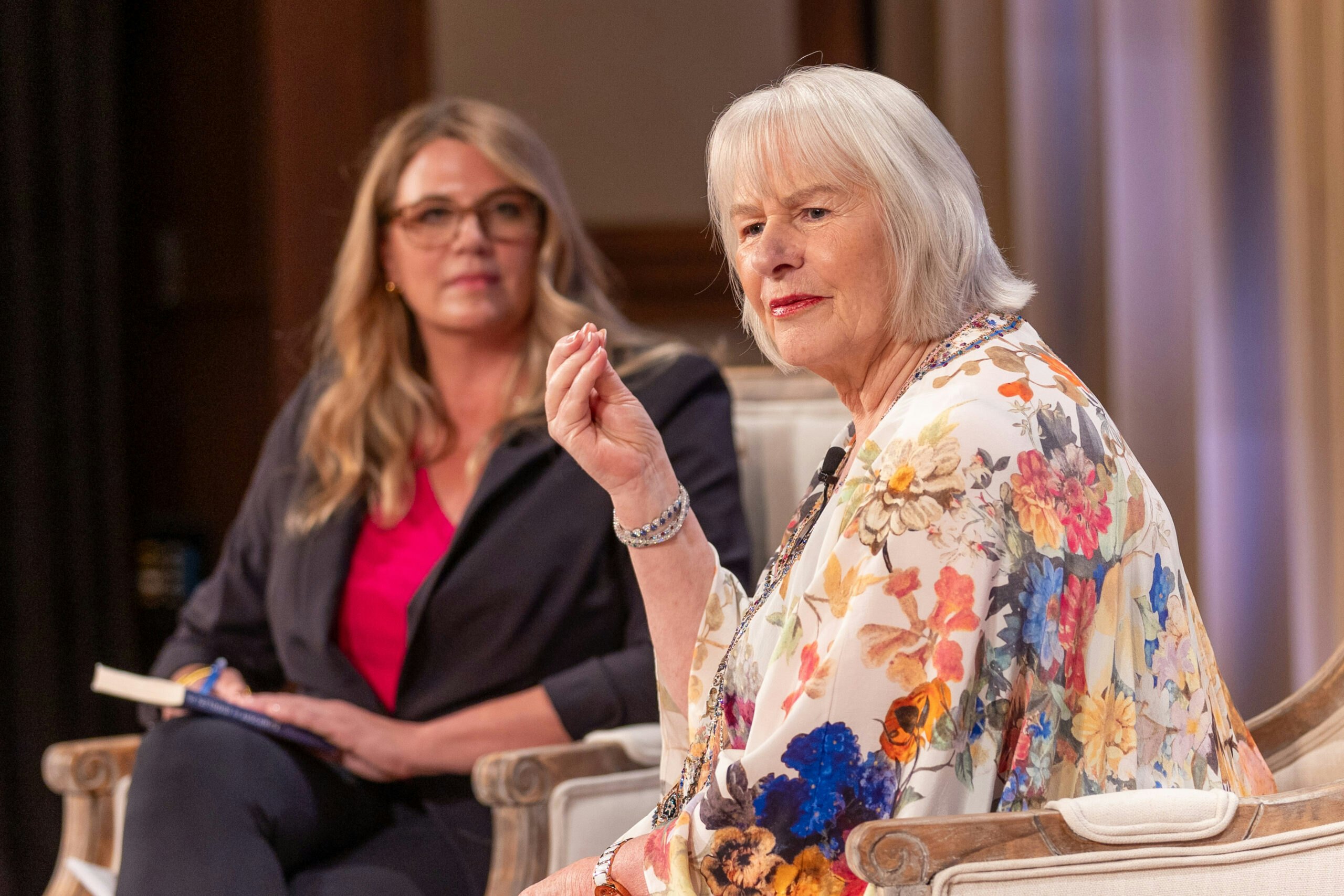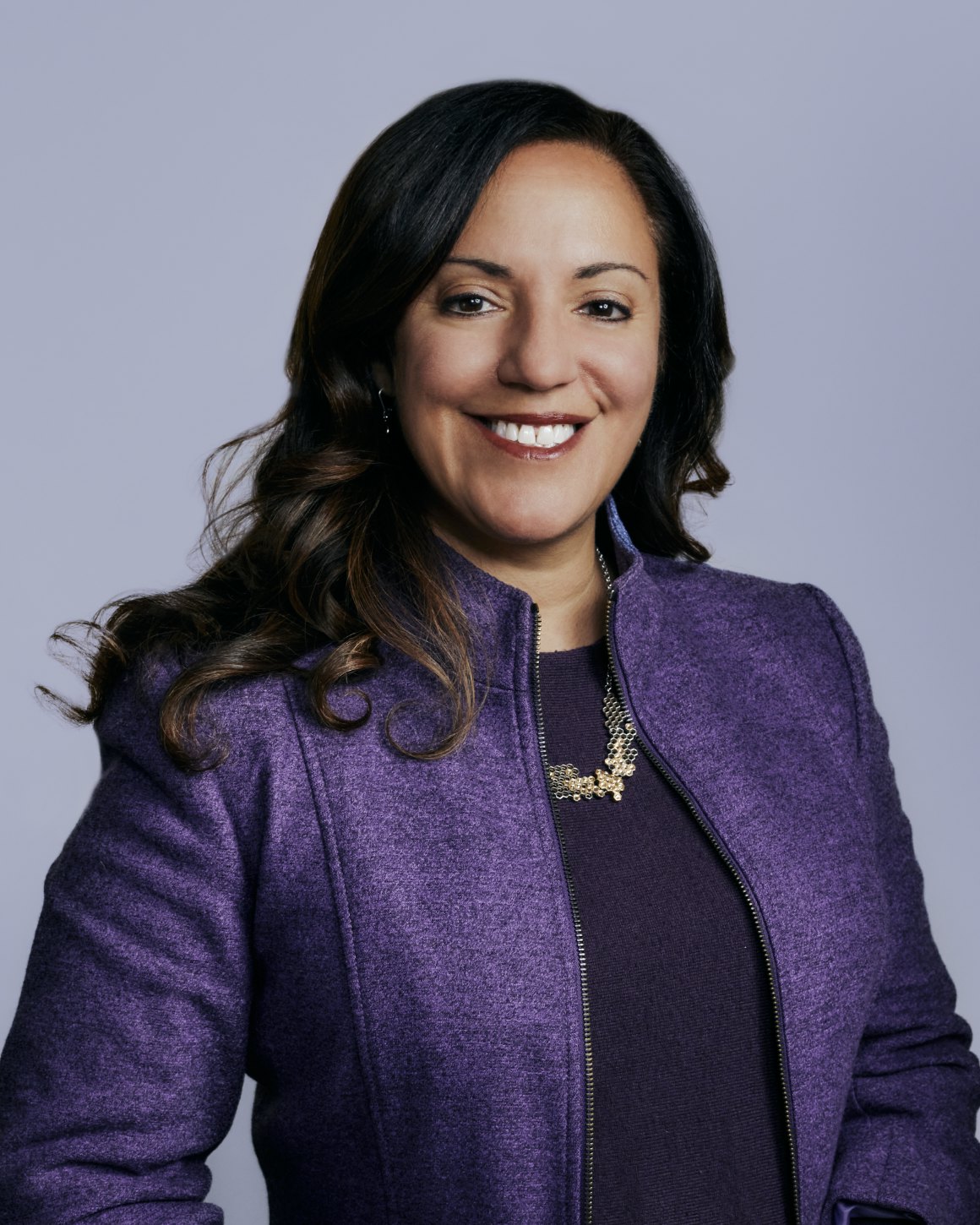Bush-Cheney Alumni feature on the Anne Kolton, Assistant Press Secretary, Bush-Cheney 2000, White House Assistant Press Secretary (2001-02), Senior Advisor, Securities & Exchange Commission (2002-04), Director of Public Affairs, U.S. Dept. of Treasury (2003-04), Press Secretary to VP Dick Cheney, Bush-Cheney 2004, Director of Public Affairs, U.S. Department of Energy (2005-07)
Anne Kolton is another BCAer whose career has been a fascinating one. In this month’s “Five Questions With…” she tells us how she transitioned from the world of strategic communications and public affairs to become a sustainability expert in an exciting new role at SK Capital Partners. We learn how her leadership style was formed by her time in the administration and she shares her favorite story from those years.
Q: Can you tell us about your new role as Chief Sustainability Officer at SK Capital?
SK Capital is an investment company that focuses on specialty chemicals and applied pharmaceutical ingredients. SK has a reputation for applying sustainability-oriented improvements to companies to reduce risk and create value, but the CSO position was just created because of the growing size of the SK portfolio. My job comes down to three main things: helping to evaluate potential acquisitions; working with portfolio companies to identify sustainability opportunities and building strategies to address them; and developing the evidence and narrative that communicates SK’s management philosophy and a company’s transformation to investors and other stakeholders.
Q: What is the state of the sustainability effort in American industry – where have we made the most progress and what are the current priorities?
Before joining SK, I spent almost 12 years at the American Chemistry Council, which is the trade association that represents chemical manufacturers operating in the United States. I saw the sustainability efforts of ACC’s 170-plus member companies up close. The good news is that there are exciting things happening across industry today to reduce the environmental footprint, and also to develop new materials that will enable the rest of society to be more sustainable. From improved industrial processes, to renewable and low carbon energy sources, electric vehicles, advanced batteries, and efficient building materials … all of it is made possible by chemistry.
At the same time, chemistry is a very complex industry that historically has relied on fossil fuels for both energy and as a raw material. SK companies and those across the chemical sector are working very hard to cut carbon emissions, produce recyclable and recycled products, explore bio-based raw materials, develop safer chemicals and reduce air, water and waste impact. There’s no lack of ambition and desire, but the reality is that transforming a 100-plus-year-old industrial sector is a long-term effort that will take massive public and private investment… that’s the bad news.
Q: How did you transition from a career in communications and public affairs to your current focus on sustainability?
There’s a strong relationship between strategic communication and sustainability. At a basic level, they’re both about solving problems. As sustainability became a greater priority for ACC members, I spent more and more time working with the technical experts, gathering input from various stakeholders, developing credible strategies to address perceived challenges and opportunities, and then communicating about the progress. When the need at ACC arose, the transition from communications to leading sustainability was a natural transition.
Q: How would describe your personal leadership style and how was that influenced by your time in the administration?
I learned so many things from so many people during my time in the Bush Administration. All of those experiences have come together to make me the person I am today. I’d like to believe that as a manager I empower those who work with me, encourage them to be creative, and invest in their development and success. I was fortunate to work for a number of people early in my career in the Administration that took the time to help teach me how to do my job, how to be a better writer and a better thinker. Claire Buchan Parker, Dan Bartlett, Ari Fleischer and Secretary Sam Bodman are a few that had massive impacts on my personal and professional development.
Q: Can you leave us with a favorite story or moment from your days on the Bush-Cheney campaign trail or in the administration?
It’s hard to come up with one. I valued every day I got to work with Secretary Bodman. Traveling around the world and across the country to advance U.S. energy interests with him was one of the best classrooms one could ever hope for, not to mention the incredibly good time we had together as a Department of Energy team. That being said, I will never forget the last stop on the campaign trail in 2004… flying into Jackson, Wyoming the night before the election to a hometown rally for Vice President Cheney. Everyone knew it would be a close election, but there was such an intensity in the support for the Cheney family that night after a hard campaign and first term… it was a reminder of why people go into politics in the first place.






















